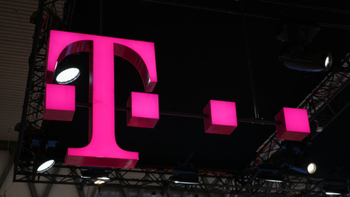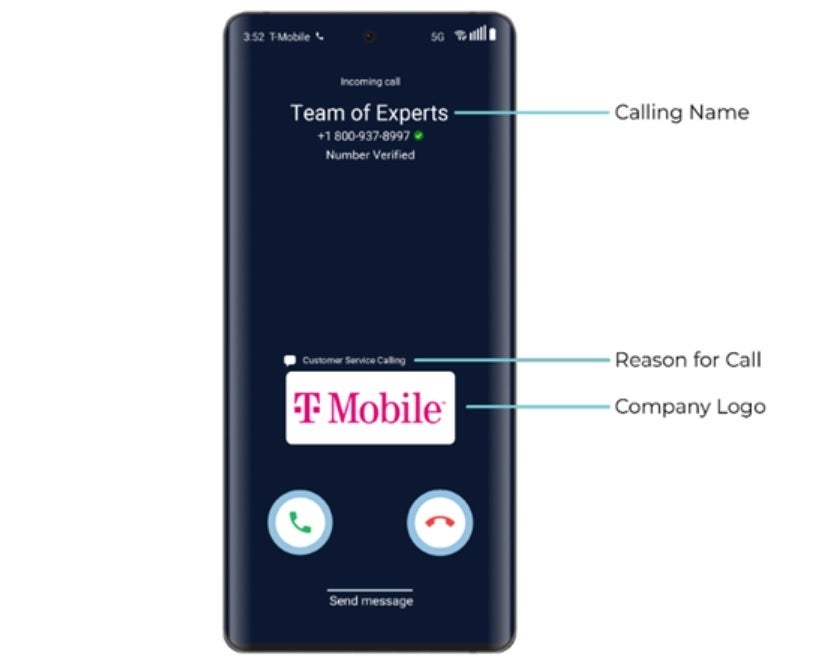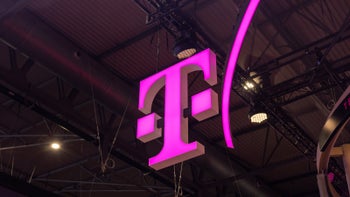T-Mobile and partners test more informative Caller ID to stop scammers and spammers

T-Mobile announced on Friday that another step has been taken in the battle to prevent mobile phone users from getting scammed and spammed. With Rich Call Data (RCD), the idea is to provide more information about a caller through Caller ID. This way, even if an incoming call appears to have come from a local number or a number that looks familiar, you'll know whether you should answer it or not.
T-Mobile and partners make an historic phone call to test Rich Call Data (RCD)
Yesterday, T-Mobile and its partners like First Orion, CTIA, Everbridge, iconectiv, NetNumber, Numeracle, and Twilio, completed what is believed to be the first wireless call to combine authenticated Caller ID, Rich Call Data (RCD), and the FCC's STIR/SHAKEN system. RCD is designed to make phone owners feel comfortable answering an incoming call by including a brand logo and other information including a reason for the call.

Example of a Caller ID screen using Rich Call Data
The nation's second-largest carrier points out that Americans are on pace to receive a mind-blowing 52 billion robocalls this year. As a result, as many as 80% of mobile calls are left unanswered as important calls from banks, schools, pharmacies, and other places that show up as unknown numbers are not picked up.
T-Mobile states "With RCD, you will get a consumer-friendly, recognizable display on the Caller ID - in most cases a brand’s logo – that indicate the call is from a trusted source. You know if it’s your bank, your pharmacy, or your doctor’s office calling and can decide when to pick up. When widely used, RCD will empower consumers with more call information, so they can make the right choices in the moment, stay safe from spam and scammers, and still get important calls."
The carrier's Chief Technical Officer Abdul Saad added that "The ability to deliver RCD to mobile devices is a key tool in the battle against scammers as it increases consumer trust in knowing who is calling them and why. This proof-of-concept shows that by working together as an industry we can make sure that legal, critical, and wanted calls are delivered with a high level of consumer confidence."
80% of calls go unanswered which leads consumers to miss important phone calls
While information used for Caller ID is taken from third-party databases, RCD comes directly from the company/organization that is calling. And as part of the STIR/SHAKEN system, the information cannot be displayed unless properly authenticated. Companies and organizations have more control over branding and consumers will feel more confident about who will be at the other end of a phone call.
Because 100% of calls that originate on T-Mobile's network are authenticated by STIR/SHAKEN, the carrier is in a good position to deliver RCS to its subscribers. Tom Sawanobori, CTO of CTIA (Cellular Telecommunications Industry Association), says, "We congratulate T-Mobile on the successful proof-of-concept, which relies on the industry-backed centralized registry, Registered Caller. By working together to enhance caller identification, the wireless ecosystem can ensure consumers get the communications they want, while stopping bad actors."
Jeff Stalnaker, President, and Founder of First Orion states "Imagine a future where all phone calls will be delivered with RCD providing complete transparency and protection in every call for every consumer, enhancing the way businesses connect with their customers. Working with T-Mobile and other industry leaders to deliver this first-ever mobile call with RCD and authenticated Caller ID is an important step in making Enhanced Caller Identity a reality."
T-Mobile says that it is currently verifying 257 million calls a day to keep customers safe from getting spoofed. If the testing continues to garner positive results, we'd expect RCD to give the wireless provider's customers the confidence to answer a higher percentage of phone calls.










Things that are NOT allowed: